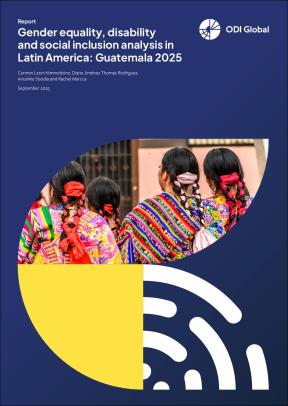- Report
- 20 Noviembre 2024
Teacher education and training on gender, masculinities and non-sexist education in Chile
- Author: Francisco Vidal Velis, Marina Carrasco Soto, Geraldine Gutiérrez Ortega, Emily Dobbs Díaz, Claudia Dides Castillo, Rosa Montecinos Molina, Fabián Castro Valle
- Published by: ALIGN
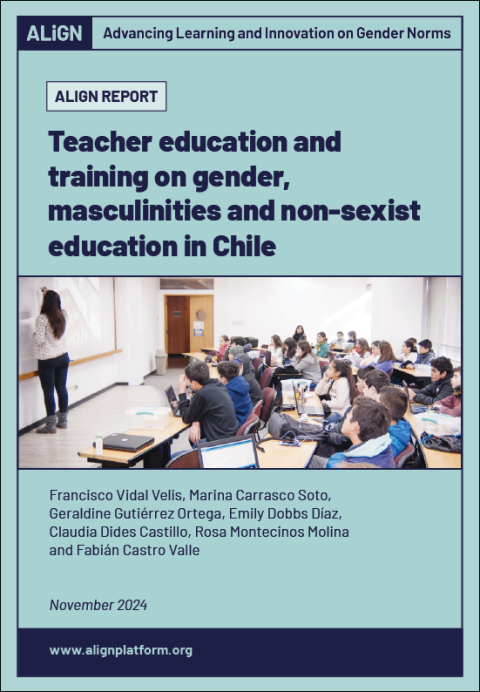
[Español]
This report focuses on the inclusion of gender, masculinities and non-sexist education (GEMENS) in education in Chile. In the last decade, governments have passed progressive legislation in this area while teacher training activities carried out by the Chilean government, some universities and training centres have increased. However, teachers are facing challenges as they have had to update their knowledge of the new regulations, find ways to incorporate them into their pedagogical practices, and respond to changing ideas about gender among their own students. Based on qualitative and quantitative techniques, the study found:
- All groups of teachers reported a general lack of training received on GEMENS topics.
- Teachers who received GEMENS training thought the training was helpful. They reported feeling more confident and that it had helped them incorporate GEMENS topics in their teaching more effectively.
- GEMENS training has enabled teachers to become aware of their role as promoters of a cultural transformation towards a more equitable society that respects human rights in GEMENS. It has helped them drive deeper changes in their schools, for example in annual planning or in the school’s ethos and practices.
- Factors supporting inclusion of GEMENS included: the positive attitudes of students, the existence of laws and public policies that prevent discrimination, and some other teachers’ adoption GEMENS topics.
- Challenges included: lack of trained teachers in GEMENS; traditionalism in school culture; resistance from parents and guardians and lack of time of teaching staff.
The results of the study suggests the need for a national public policy that comprehensively addresses teacher training on GEMENS topics. This would have a great impact on both teachers and students and would contribute to strengthening the role of Chilean educational institutions in promoting a fairer, more inclusive and equitable society in terms of GEMENS.
Formación y capacitación docente en género, masculinidades y educación no sexista en Chile
Este informe se centra en la inclusión de género, masculinidades y educación no sexista (GEMENS) en el sistema educativo chileno. En la última década, varios Gobiernos han aprobado leyes progresistas en esta área, y han aumentado las actividades de capacitación docente impulsadas por el Gobierno chileno y algunas universidades y centros de formación. Sin embargo, las y los docentes enfrentan desafíos, ya que han tenido que actualizar sus conocimientos sobre las nuevas regulaciones, encontrar formas de incorporarlas en sus prácticas pedagógicas y responder a las ideas cambiantes sobre el género entre su propio estudiantado. Basado en técnicas cualitativas y cuantitativas, el estudio identificó que:
- Todos los grupos de docentes reportaron una falta generalizada de capacitación en GEMENS.
- Docentes que recibieron formación en GEMENS consideraron que la capacitación fue útil: reportaron sentirse más seguros y que les había ayudado a incorporar los temas de GEMENS en su enseñanza de manera más efectiva.
- La formación en GEMENS ha permitido que las y los docentes tomen conciencia de su rol como promotores de una transformación cultural hacia una sociedad más equitativa y que respeta los derechos humanos en GEMENS. Les ha ayudado a impulsar cambios más profundos en sus escuelas, como en la planificación anual o en el ethos y las prácticas de la escuela.
- Entre los factores que favorecen la inclusión de GEMENS se identificaron las actitudes positivas de las y los estudiantes, la existencia de leyes y políticas públicas que previenen la discriminación, y la adopción de temas de GEMENS por parte de algunos en el profesorado.
- Entre los desafíos se señalaron la falta de docentes con capacitación en GEMENS; el tradicionalismo presente en la cultura escolar; la oposición de acudientes y apoderados y la falta de tiempo del personal docente.
Los resultados del estudio sugieren la necesidad de una política pública nacional que aborde de manera integral la formación del profesorado en temas de GEMENS. Esto tendría un gran impacto tanto en docentes como en estudiantes y contribuiría a fortalecer el rol de las instituciones educativas chilenas en la promoción de una sociedad más justa, inclusiva y equitativa en términos de GEMENS.
- Tags:
- Education, Funding round 8
- Countries / Regions:
- Chile
Related resources
2 November 2020
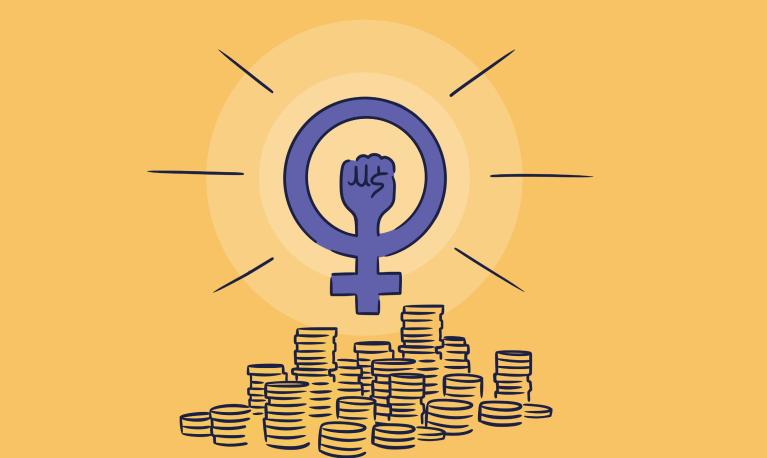
ALIGN's micro-grant scheme provides small funding grants to individuals and organisations with the aim of generating new research, synthesis and brokering to better understand various aspects of…
Report
13 Noviembre 2024
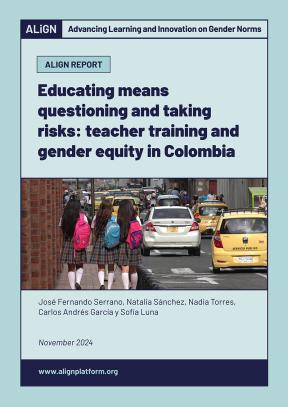
ALIGN guide
22 Enero 2026
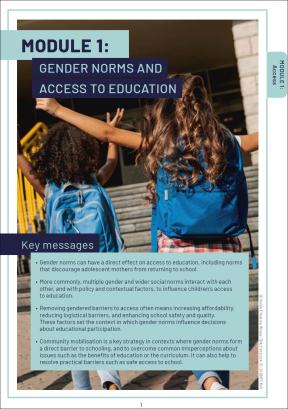
Blog
5 Enero 2026

Report
1 Octubre 2025

Report
22 Septiembre 2025
